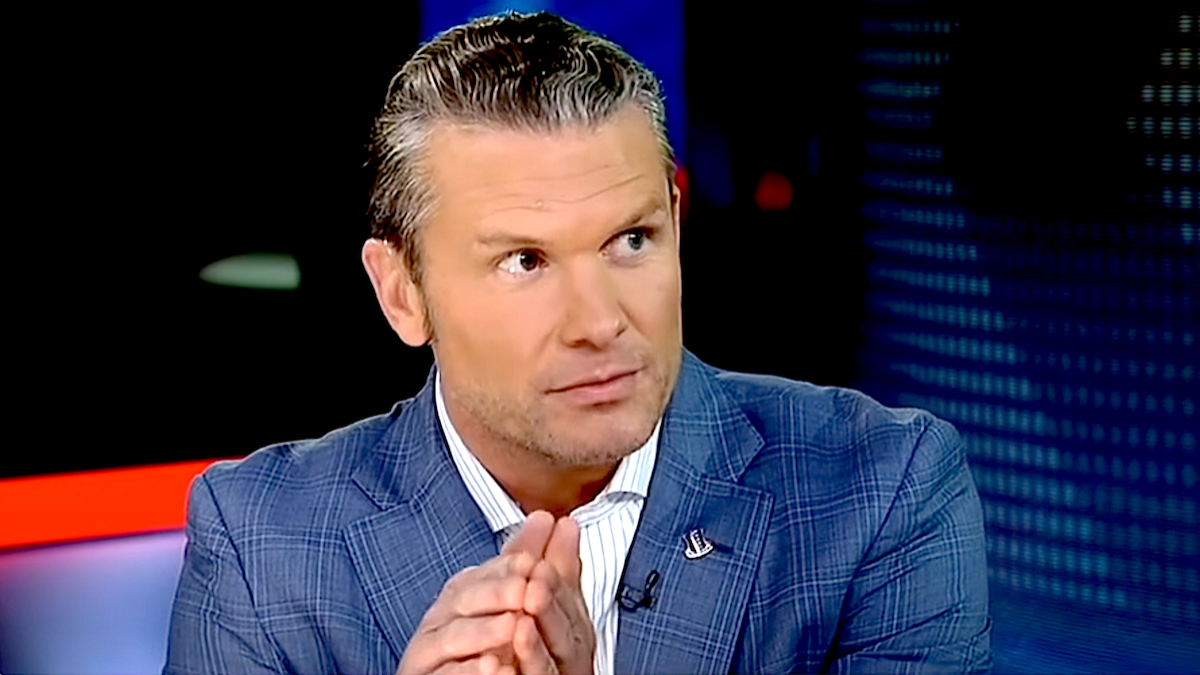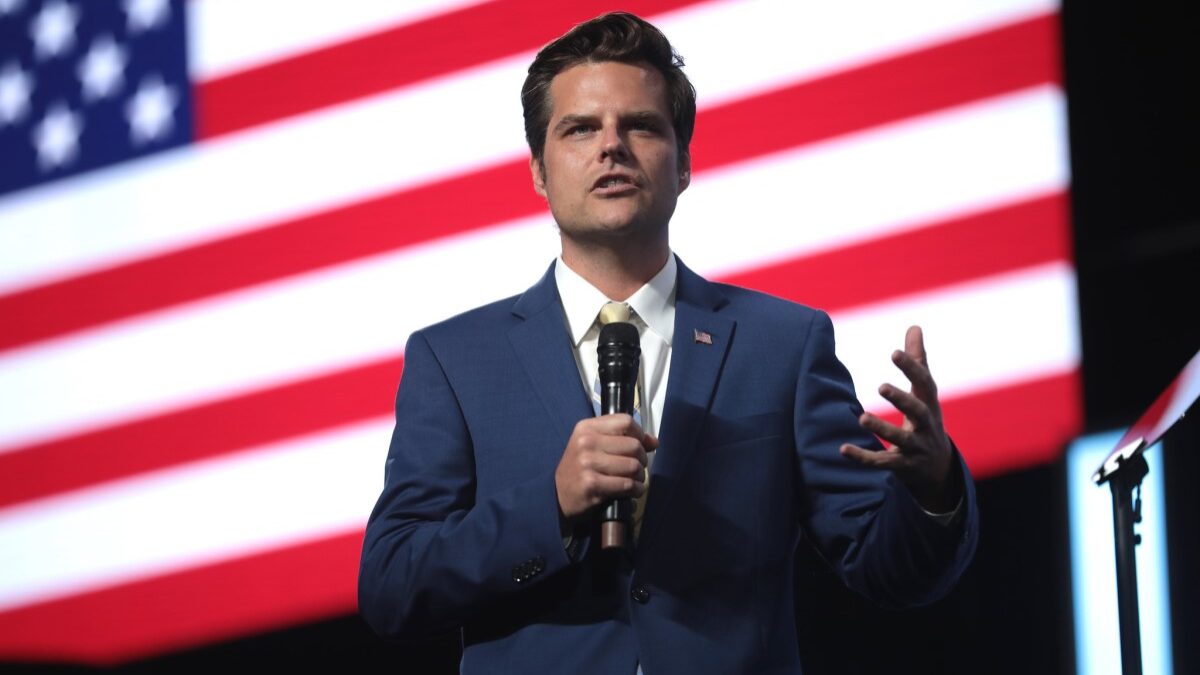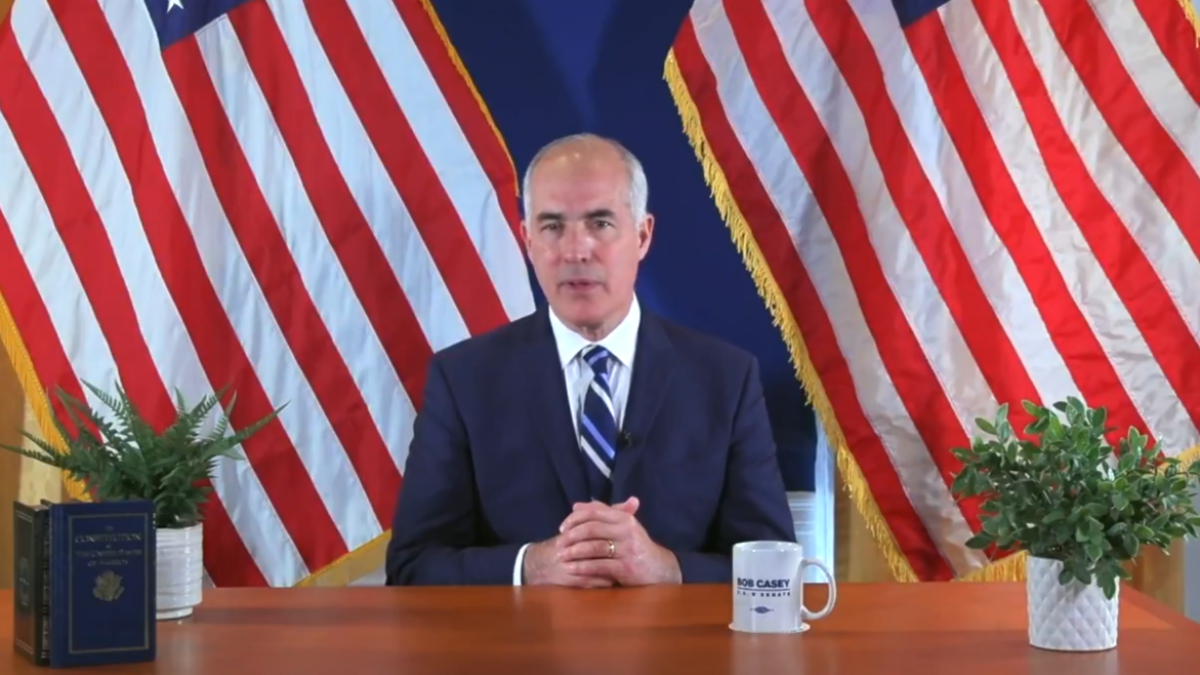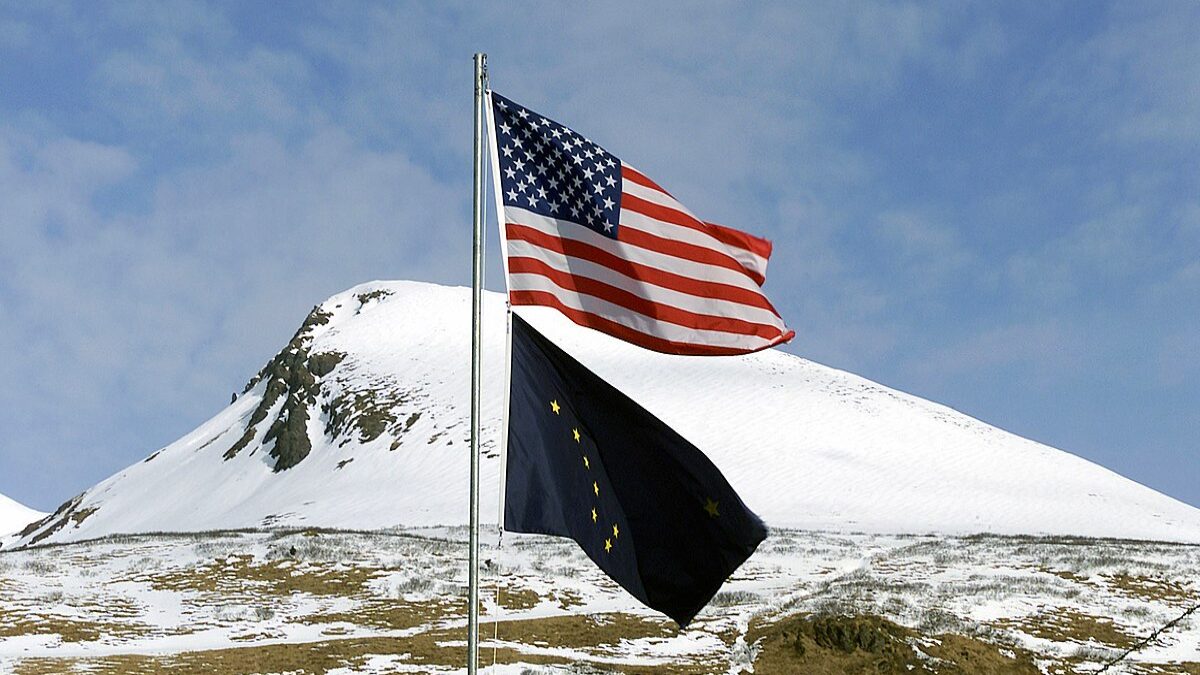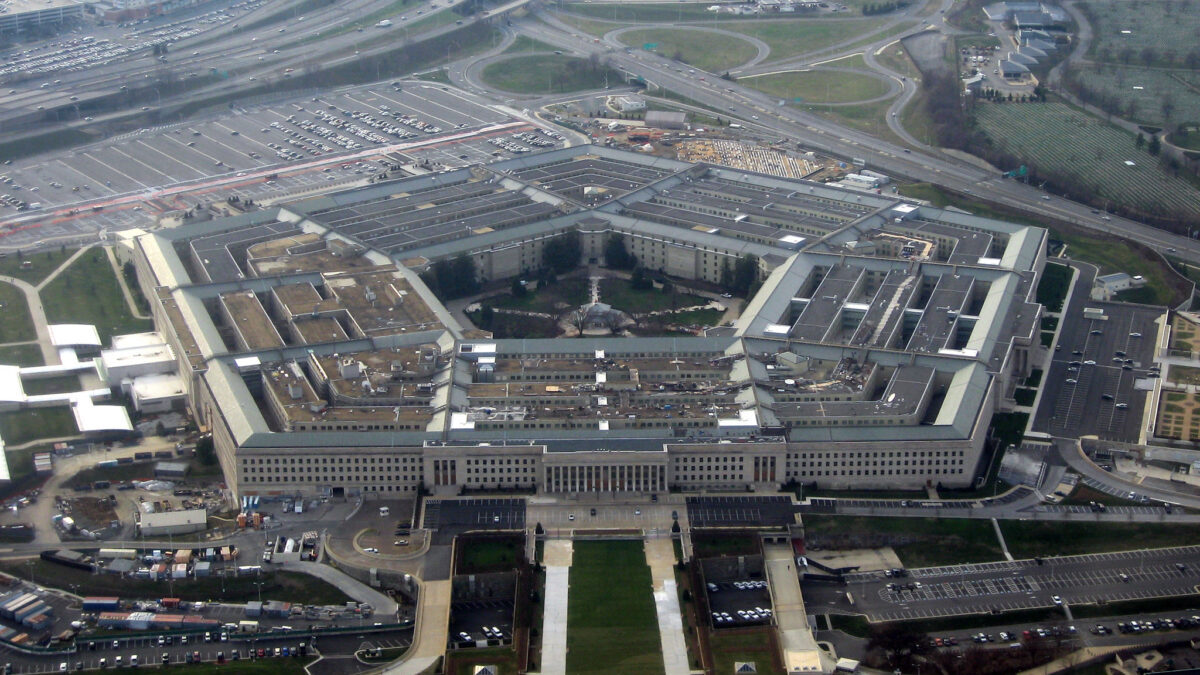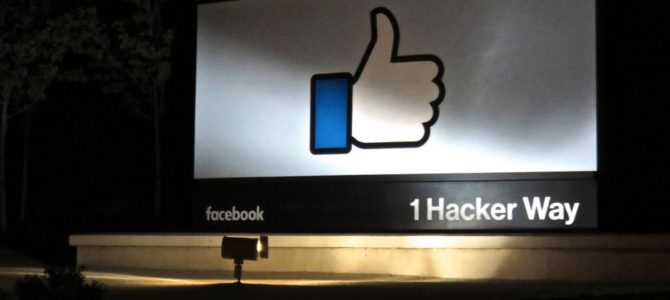
For the past several days Democratic members of Congress have been hyping up a storyline on Russian influence via Facebook that is on its face absolutely crazy – to the point that it’s amazing they haven’t been called on it yet.
The storyline they are hyping is that Russia-connected purchases of approximately $150,000 dollars worth of Facebook advertising – hyping stories and pages to users – over a period from June of 2015 to May of 2017 represents a dangerous threat to our democracy, and a representation of an orchestrated campaign of targeted attacks.
This is absurd if you understand how Facebook advertising works, and even more absurd when you consider the nature, timing, and targeting of the ad purchases.
Facebook has turned over the ads to Robert Mueller’s investigative staff, and they in turn have indicated the intention to pass this information along to Congressional investigators – which you should expect to be leaked in a manner designed to create the impression they had a huge impact. We saw that happen this week with comments from Senator Richard Blumenthal, who went so far as to suggest that Jared Kushner was behind the activity as head of the Trump campaign’s digital operation. No, really, he said this, on CNN!
‘This microtargeting required sophistication, knowledge, and a great deal of data and research. And the real question, as you’ve just asked it, is how did they know how to microtarget?’ Blumenthal responded.
Blitzer then asked Blumenthal if the Russians were getting help from Americans.
‘There is speculation, to be absolutely blunt, that they received that help from the Trump campaign, which had a great deal of digital information to enable its own targeting,’ Blumenthal told Blitzer.
‘Who in the Trump campaign do you suspect was helping them?’ Blitzer asked.
‘Well, again, the public reports are that Jared Kushner was in charge of that digital operation,’ Blumenthal responded.
But the already public reports indicate that this was not some late-stage purchasing of ads in some targeted campaign to elect Donald Trump or target voters in battleground states.
For example, about one-quarter of the ads purchased were geographically targeted – and of those, more ran in 2015 than 2016. CNN reported that some of the geo-targeted ads were about the Black Lives Matter issue in St. Louis and Baltimore. That’s not where Hillary Clinton lost the 2016 election, of course.
Facebook has not made public what these ads were. But this wasn’t a Russian operation targeting Wisconsin, Michigan, and Pennsylvania. It was a campaign of chaos and disruption, designed to promote division in American society – and it was primarily a campaign run in 2015, when Donald Trump wasn’t even the Republican nominee. Was Jared Kushner deviously directing Russian ads toward Black Lives Matter movement in 2015? If you think that’s a thing that happened, Louise Mensch would like you to subscribe to her blog.
The ads themselves reinforce the notion that Russia’s aims in purchasing these ads is to foment discord. ABC News reported that one of the ads included was a meme about Trump ending the War on Christmas, which ran after the election was over.
Let’s also keep the amount spent on these ads in perspective. More than half a billion dollars was spent on social media advertising last year, with Facebook being the primary recipient. In the big scheme of things, $150,000 on Facebook ads is chump change. In just the last few months of the presidential campaign in 2016, Evan McMullin spent over $85,000 on Facebook ads, and lest you think that made a huge difference, McMullin came in 4th in a two-person race.
One of Hillary Clinton’s super PACs spent $500,000 on Facebook ads in September 2016 alone. A separate pro-Clinton PAC pledged to spend at least a million dollars to correct random commenters on the Internet. And Hillary Clinton’s official campaign spent $90,000 just to come up with a 13-song playlist for the Democratic candidate.
The amount Russia allegedly spent on Facebook ads is similarly dwarfed by the amount of cash thrown at the social network by media companies like CNN, The Washington Post, and Breitbart. By itself $150,000 on Facebook is just a blip. But when compared to the money simultaneously thrown at Facebook each month by the media companies, the super PACs, and the campaigns themselves, it’s utterly meaningless.
CBS News’s John Dickerson directed this question to Democratic Rep. Adam Schiff the other day, much to his chagrin – essentially asking, you really don’t expect us to think this is significant enough to shift votes, right?
‘There’s certainly a Russia implication, because they use these algorithms to amplify misinformation or slanted information,’ Schiff said.
‘What’s the impact, though, of these Russian Facebook ads?’ Dickerson asked. ‘I mean, is anybody saying that they had any influence on the election that changed the outcome in any possible way? It seems a small amount to have done anything like that.’
Dickerson said the $100,000 in ads was the only amount confirmed to date by Facebook to be linked to Russia, saying it could have purchased ads through third countries and other proxies.
Zuckerberg said shortly after last year’s election that he doubted ‘fake news’ spread on Facebook influenced the election.
‘Personally, I think the idea that fake news on Facebook, which is a very small amount of the content, influenced the election in any way — I think is a pretty crazy idea,’ he said.
It’s totally crazy. And of course, there’s a hypocrisy element here as well. A Washington Post report on Monday claimed that President Obama had gone as far as to lecture Facebook CEO Mark Zuckerberg about the problem of Russia-driven fake news – but then it turned out he hadn’t mentioned Russia at all, making for this glaring correction.
Axios broke the story on Tuesday, reporting that the Post’s online version noted the article ‘has been updated with an additional response from Facebook.’ That response led to the report that ‘Obama made a personal appeal to Zuckerberg to take the threat of fake news and political disinformation seriously … though the president did not single out Russia specifically.’
The revised story also reported that Obama and top aides ‘quietly agonized on how to respond to Russia’s brazen intervention on behalf o the Donald Trump campaign without making matters worse.’ Elliot Schrage, Facebook’s vice president of communications, told the Post that Obama’s discussion with Zuckerberg was about ‘misinformation and false news’ and ‘did not include any references to possible foreign interference or suggestions about confronting threats to Facebook.’
The Obama administration and its operatives have been in charge for the past eight years, and they had the intelligence information that Russia was behaving in this manner long before Donald Trump became president. If this was a significant problem back in 2015, why didn’t their national security people act on it, or warn Facebook of the inappropriateness of what was happening? Or, if you’ll forgive my pessimistic view of our leadership class, is it more likely that they didn’t care about a drop in the bucket of chaos-focused advertising until an election went against them?


